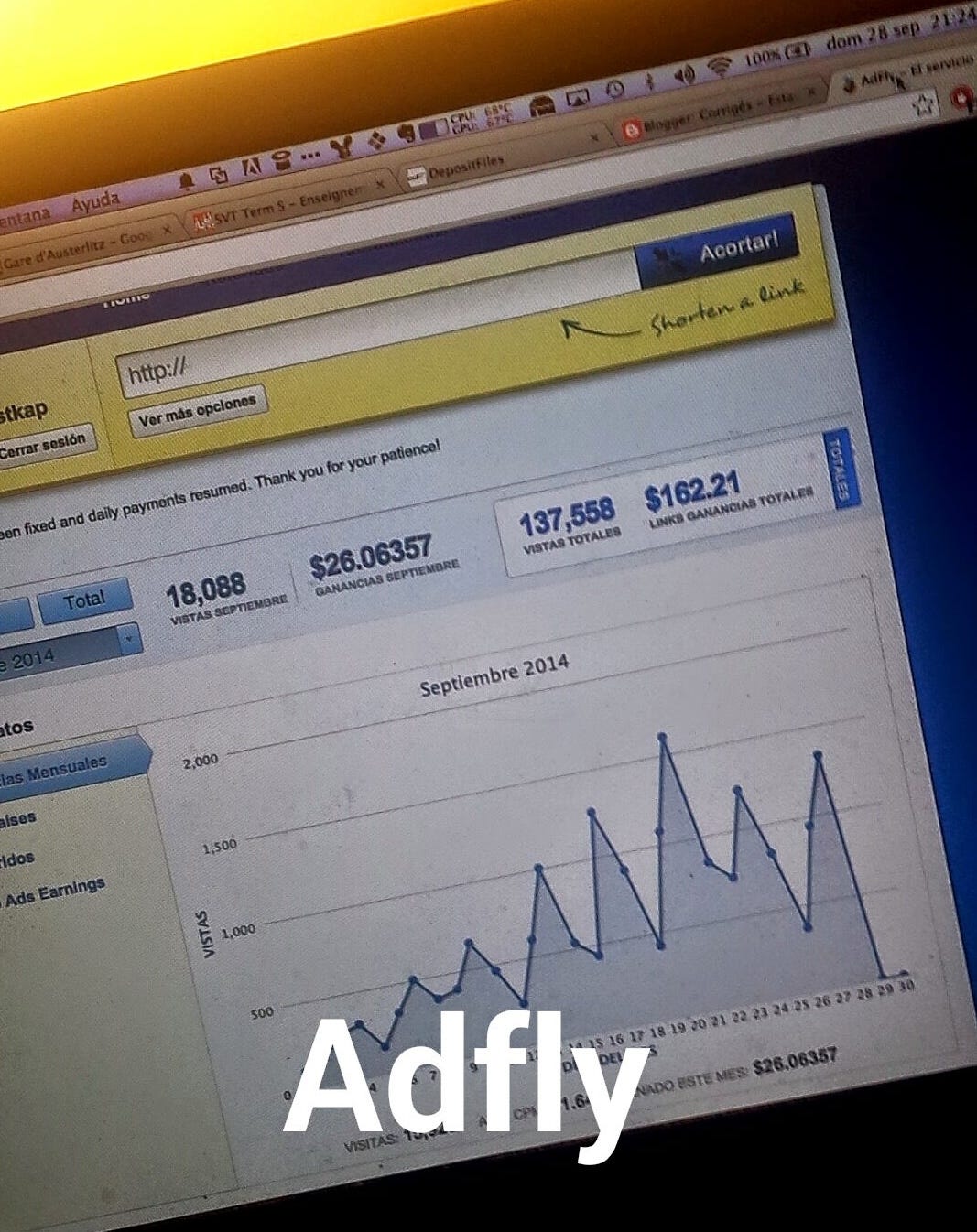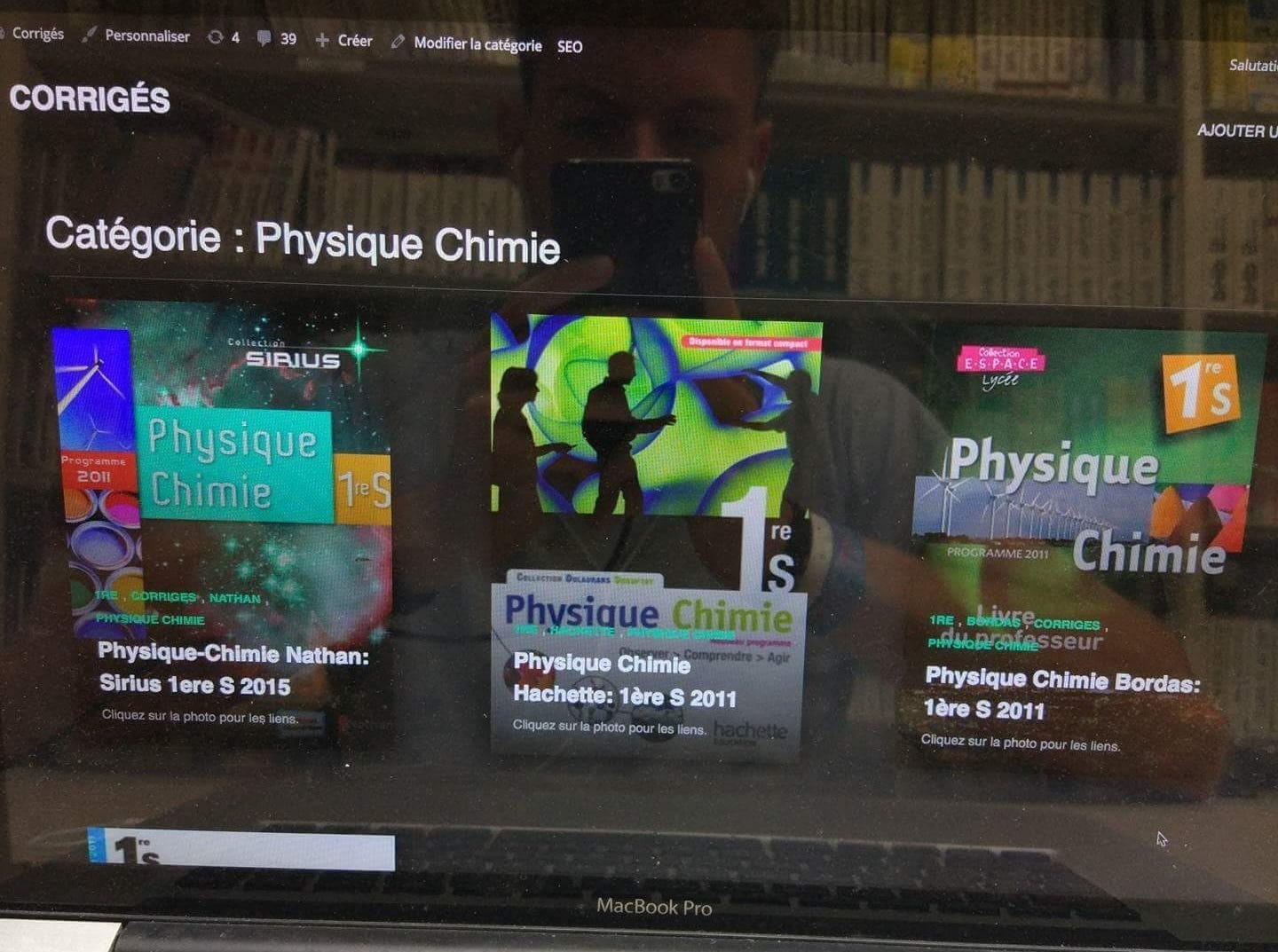The year was 2009, I was in eighth grade, grappling with the infamous Pythagorean theorem. Math wasn't my nemesis, but this particular concept just wasn't clicking. Our teacher, Ms XYZ, droned on about a² + b² = c², but it felt like a cryptic code I couldn't crack. The upcoming vacation, likely October break, meant homework, and I was determined not just to complete it, but to outperform a classmate, Gabrielw, who seemed to effortlessly grasp every mathematical concept thrown his way.
Back at my grandparents' house in Valencia, I decided to ask my grandmother for help. It wasn't something I did often, seeking assistance from family members with academics. But this theorem had me stumped. "Oh, I don't know about maths" she confessed, leaving me back at square one.
This was before the age of readily accessible online tutorials. I sat before a computer my parents' had gifted me – a clunky laptop, the kind that whirred loudly and took ages to boot up, quite a novelty at the time. I had the school-issued math textbook, but its explanations seemed to be written in a foreign language, or I didn’t want to understand it. Frustration mounting, I flipped to the back where I discovered the holy grail: the answer key section. But it was locked behind a digital gate, accessible only to "verified teachers."
This is where the detective work began. With my nascent Google search engine skills, I stumbled upon a forum – a rudimentary, text-heavy online community where educators congregated to discuss teaching methods and, crucially, troubleshoot login issues. It was there I learned about a unique teacher identification number, a digital equivalent of a physical ID card, required to access the answer keys. Intrigued by the conversations, I pieced together clues, cross-referencing snippets of information. After a few hours of trial and error, I concocted a fake teacher profile, associating myself with a school near my own (not wanting to risk getting caught using my actual school's information).
The digital lock clicked open. I had gained access. Suddenly, the Pythagorean theorem wasn't so mysterious anymore. Working through the examples, referencing the answers, the concept finally clicked. It wasn't just about getting the right answers; it was about understanding the process.
But the genie was out of the bottle. I realized that if the math answer key was accessible, what about other subjects? Our English textbook, was filled with practice exercises that our teacher frequently used for exams. These exams were essentially photocopies from the book, demanding specific answers. If I had the solutions… the academic advantage was too enticing to ignore.
Soon, my hard drive was filled with answer keys for various subjects. The teenage Robin Hood in me decided to share these with my classmates. What started as a small circle quickly expanded. Grades improved across the board. It was no longer just about individual success; it was about collective academic elevation, though of course, we were completely bypassing the intended learning process.
The answer key distribution system, however, was clunky. Passing USB drives and printed sheets became tedious. This is when I turned to my nascent blog on Blogspot, a platform I was already using to document my thoughts and book reviews under the alias “Corrigés”. The blog, "corriges.blogspot.com", was a humble digital space, but it served my purpose. I created posts for each textbook, complete with cover images and direct links to the answer key PDFs. No more discreet handoffs, just a single URL to share.
It didn't take long for the blog to gain traction. Requests for new answer keys poured in. It wasn't just students from my school anymore; it was spreading through the local academic grapevine. While the initial motivation was to help my classmates, I realized I had stumbled upon something bigger. This was the era of early monetization on the internet. YouTubers like Norman and Cyprien were demonstrating that it was possible to earn money by creating online content. Could I do the same?
A quick search revealed services like AdFly (adf.ly) which wrapped links in short advertisements. I implemented it, forcing users to wait a few seconds before accessing the answer keys, during which they were exposed to ads. I also integrated Google Adsense, plastering banner ads across the blog. Then, Google Analytics came into the picture, allowing me to track website traffic. Suddenly, those abstract visitor numbers became tangible data points. Thirty visits per day? It was exhilarating. I also had the idea to use sort of a MegaUpload copycat that would pay me per download.
Around Christmas, a tangible reward arrived. Not just a digital notification, but a physical letter from Google. Inside, a credit for Google Ads and, later, actual checks. It felt surreal, receiving payment for something that started as a solution to a personal academic struggle. My father, initially skeptical, took the checks to Google's Paris office, unsure if they were legitimate. He was assured they were real money.
The blog continued to grow, spreading through word of mouth. It reached the Lycée Français de Madrid and the Collège Thomas Mann, expanding beyond my immediate circle. My focus shifted from distribution to curation, constantly responding to requests for new textbooks. Each publisher – Hachette, Nathan, etc. – had its own system for hosting answer keys, usually requiring teacher credentials. I became adept at navigating these systems, sometimes even finding vulnerabilities, and extracting the precious PDFs.
The summer after graduating high school, a significant personal event left me with ample free time and a desire to channel my energy into something productive. This is when the blog evolved into a full-fledged website. Using a rudimentary PHP template I found online, I created a site where I could host the answer keys directly. It was a clunky solution, involving converting PDFs into HTML to prevent downloads.
I implemented a sliding captcha from a piracy site (the kind with cute cat images that triggered ads), further monetizing the user experience.
University brought a new dimension to this project. As a computer science student, I finally had the skills to build a proper website. I purchased the domain corriges.info and started from scratch, armed with better coding knowledge and a year of experience. Demand skyrocketed. The site became a constant stream of requests and uploads, consuming my time. I was juggling classes, coding, and managing the ever-growing user base, even experimenting with polyphasic sleep to squeeze in more hours.
Recognizing the need to further monetize, I introduced PayPal buttons, allowing users to donate or purchase downloadable PDFs. Parents, eager to help their children, became customers, validating the site's perceived value. The website’s reach expanded further through online forums, including potentially jeuxvideo.com. A moment that stands out vividly is when, during my second year of university, the site recorded over 1,000 unique users in a single evening – a testament to its widespread popularity. Hell, at some point I even injected XMR (Monero) crypto mining scripts in the js site’s code.
But with popularity came scrutiny. One day, a letter arrived from Hachette and Nathan, French publishing giants. It was a cease-and-desist notice, alleging copyright infringement and demanding the immediate takedown of the website and its associated social media presence. I was given a short ultimatum, failure to comply would result in legal action.
The weight of responsibility crashed down. Was it worth risking legal trouble for a website built on circumventing copyright protections? The answer was clear. Within days, corriges.info vanished from the internet. I let the domain expire, severing ties with my teenage edtech empire.
Looking back, this project was a formative experience. It was my crash course in web development, a playground for experimenting with nascent online advertising models, and a crash-lesson in copyright law. It was built on a foundation of helping classmates, but evolved into something far larger, a resource used by countless students across France.
The internet landscape has changed drastically since then. AI tutors, readily available online resources, and sophisticated anti-piracy measures have altered the playing field. But the story of corriges.info serves as a reminder of a time when the internet was a wild west, a space where teenagers could build sprawling digital empires – even if they were destined to crumble under the weight of legality.







